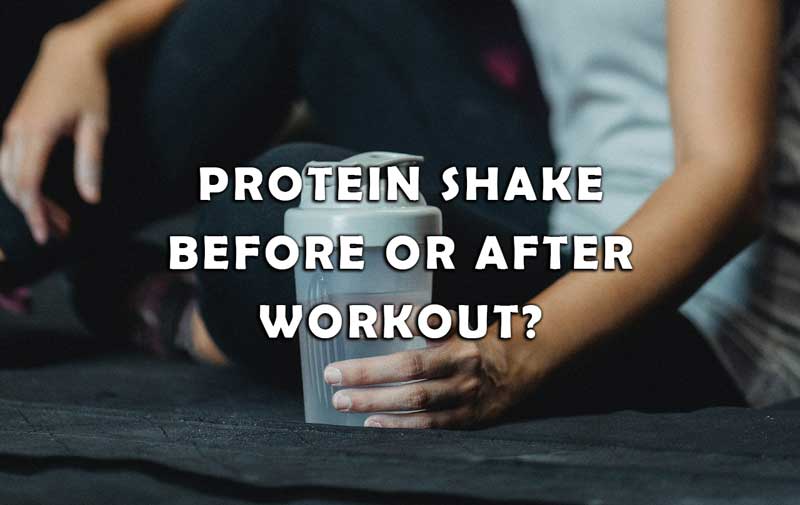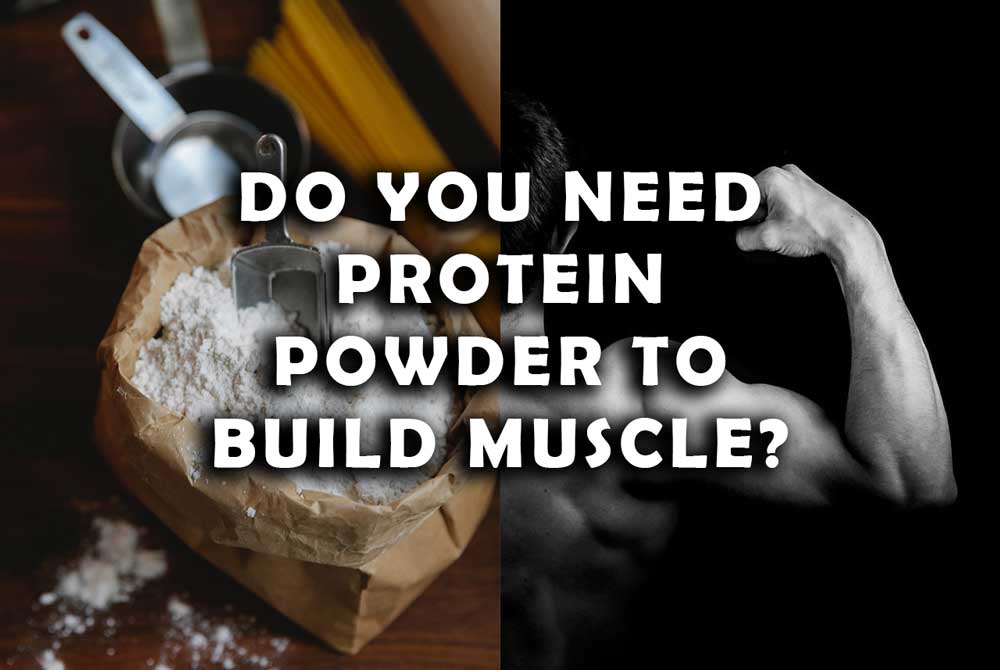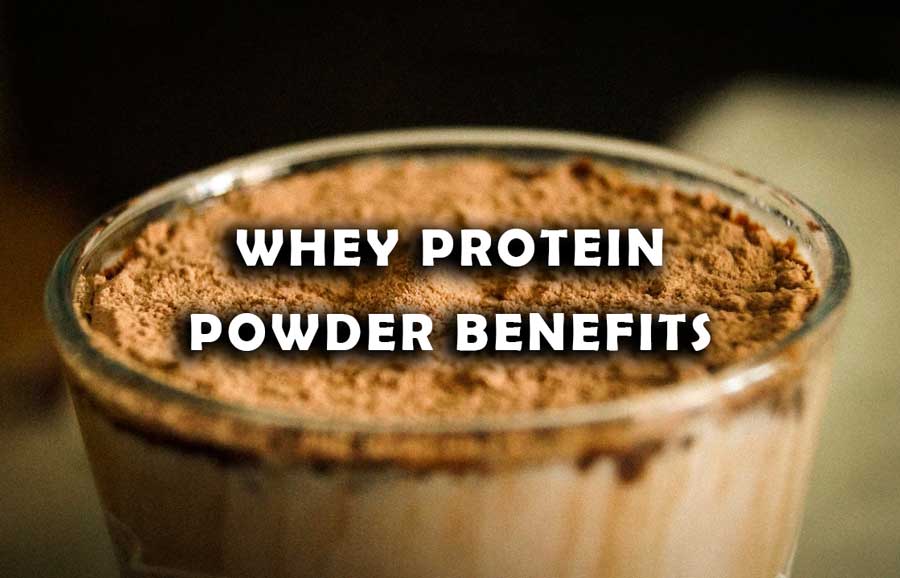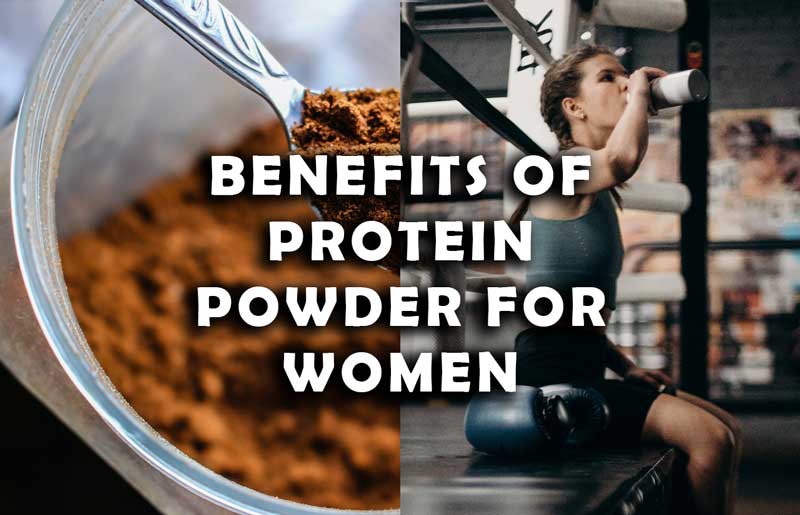Alright, if you are here, you probably already have an idea about the benefits of protein and protein shakes. It is essential for building and repairing muscles. But with so many conflicting opinions on the topic, it can be tough to determine whether it’s better to consume a protein shake before or after your workout. Not to worry, in this article, we will know the science behind protein timing and help you decide when to drink your protein shake.
Well, some people believe that consuming protein before a workout is essential for fuelling the body. On the other side, others argue that protein should be consumed after a workout to aid in recovery. So, what’s the right answer? The truth is, there is no one-size-fits-all answer to this question. It depends on your goals, your workout routine, and your dietary preferences.
Protein Shake Before a Workout

Consuming protein before a workout can provide your body with the fuel it needs to perform at its best. When you exercise, your body breaks down muscle tissue, which needs to be repaired and rebuilt through protein synthesis. Consuming protein before a workout can help stimulate protein synthesis. This will ensure that your muscles have the necessary building blocks to recover and grow.
Pros
There are several benefits to consuming protein before a workout, including:
- Increased muscle protein synthesis: As mentioned earlier, consuming protein before a workout can help stimulate protein synthesis. This is essential for muscle growth and repair.
- Improved performance: Consuming protein before a workout can also help improve your performance by providing your body with the fuel it needs to power through your workout.
- Reduced muscle damage: Consuming protein before a workout can also help reduce muscle damage caused by exercise, which can help improve recovery time.
Cons
Consuming a protein shake before a workout can be beneficial, but there are also some potential drawbacks to consider:
- Digestive discomfort: Some people may experience digestive discomfort or bloating when consuming a protein shake before a workout, which can be uncomfortable and affect performance.
- Interference with nutrient timing: Some experts believe that consuming protein before a workout can interfere with nutrient timing, which is the concept of consuming nutrients at specific times to optimize performance and recovery. Specifically, consuming protein before a workout may interfere with the uptake of carbohydrates, which are important for fueling high-intensity exercise.
- Unnecessary calorie consumption: Depending on the type and amount of protein you consume before your workout, you may be consuming unnecessary calories that could be better used elsewhere in your diet. This is especially true if you’re consuming a protein shake in addition to a meal or snack that already contains protein.
Types of protein to consume pre-workout
When it comes to pre-workout protein consumption, there are a few different types of protein to consider, including:
- Whey protein: Whey protein is one of the most popular types of protein powder on the market. It’s quickly absorbed by the body, making it an excellent choice for pre-workout consumption.
- Casein protein: Casein protein is another popular type of protein powder. It’s slowly absorbed by the body, making it an excellent choice for sustained energy during a workout.
- Whole foods: If you prefer to consume whole foods rather than protein powder, there are plenty of high-protein options to choose from, including chicken, fish, eggs, and tofu.
Recommended amount of protein to consume pre-workout
So, how much protein should you consume before a workout? The answer depends on your body weight and the intensity of your workout. As a general rule, aim to consume 0.15-0.25 grams of protein per pound of body weight before a workout. For example, if you weigh 150 pounds, aim to consume 22.5-37.5 grams of protein before your workout.
Protein Shake After a Workout

While consuming protein before a workout can be beneficial, it is also true that consuming protein after a workout is equally important. When you exercise, your muscles undergo significant stress and damage. So, consuming protein after a workout can help kickstart the recovery process.
Pros
There are several benefits to consuming protein after a workout, including:
- Increased muscle protein synthesis: Just like with pre-workout protein consumption, consuming protein after a workout can help stimulate protein synthesis. This is essential for muscle growth and repair.
- Improved recovery: Consuming protein after a workout can help speed up the recovery process by providing your muscles with the necessary building blocks to repair and rebuild.
- Reduced muscle soreness: Consuming protein after a workout can also help reduce muscle soreness caused by exercise, which can help you get back to the gym sooner.
Cons
While consuming a protein shake after a workout can have many benefits, there are also some potential drawbacks to consider:
- Delayed absorption: While protein is important for muscle recovery and growth, it can take time for your body to digest and absorb the protein you consume. This means that if you wait too long after your workout to consume a protein shake, you may not be getting the full benefits of the protein.
- Dehydration: Protein shakes can be dehydrating, especially if they contain high levels of protein. If you’re not properly hydrated after your workout, consuming a protein shake can actually worsen dehydration.
- Potential for overconsumption: While protein is important for muscle growth and recovery, consuming too much protein can lead to negative side effects. These can include kidney damage, digestive issues, and weight gain. If you’re already consuming enough protein through your diet, adding a protein shake after your workout may be unnecessary and even harmful.
Types of protein to consume post-workout
When it comes to post-workout protein consumption, the same types of protein that are recommended for pre-workout consumption can also be consumed post-workout. However, some people prefer to consume fast-digesting protein immediately after a workout, while others prefer slower-digesting protein.
Recommended amount of protein to consume post-workout
As with pre-workout protein consumption, the recommended amount of protein to consume post-workout depends on your body weight and the intensity of your workout. Aim to consume 0.15-0.25 grams of protein per pound of body weight after your workout. For example, if you weigh 150 pounds, aim to consume 22.5-37.5 grams of protein after your workout.
Conclusion
So, should you drink a protein shake before or after a workout? The answer is that it depends on your goals and dietary preferences. Consuming a protein shake before a workout can help fuel your body and improve performance. On the other hand, consuming a protein shake after a workout can help speed up recovery and reduce muscle soreness. Ultimately, the most important thing is to make sure you’re consuming enough protein throughout the day to support your fitness goals.
FAQs
1) Can I consume protein shake during a workout?
Yes, you can consume protein shake during a workout. While it’s not necessary to consume protein shake during a workout, some people find that consuming a small amount of protein during a long workout can help sustain energy levels.
2) Is it okay to consume protein before and after a workout?
Yes, it’s perfectly fine to consume protein both before and after a workout. Take care that you consume it from whole foods as well.
3) Can I consume too much protein?
Yes, it’s possible to consume too much protein, which can be hard on your kidneys and liver. However, most people don’t consume enough protein, so it’s important to make sure you’re getting enough.
4) Can I consume protein in whole food form instead of protein powder?
Yes, whole foods can be an excellent source of protein, and many people prefer whole foods over protein powder.
5) When is the best time to consume protein?
There’s no one-size-fits-all answer to this question. The most important thing is to make sure you’re consuming enough protein throughout the day to support your fitness goals.





